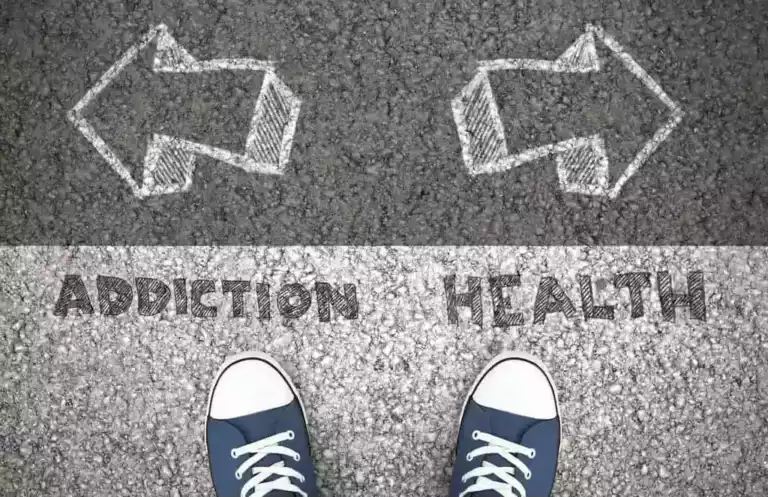
The need for love or a relationship doesn’t affect everyone negatively. It’s completely normal and healthy to want a relationship, and if your search for love doesn’t harm you or anyone else, you likely don’t need to worry. Therapy is always recommended whenever relationship behaviors cause you (or anyone) distress. Addictive behaviors around love, sex, and relationships can be hard to overcome on your own.
Addressing Mental Health Needs
In addition to seeking professional help, couples can also benefit from joining support groups and engaging in various activities that promote emotional connection and trust-building. Not only does it provide support for the addicted person throughout their recovery process, but it also helps to address relationship issues that may have contributed to the development of the addiction. Addressing relationship issues in recovery can help to avoid potential conflict, which may lead to relapse in drinking or drug use. Involving partners in the treatment process and addressing the underlying issues that contributed to the addiction can help build a stronger foundation for a healthier, more loving relationship. The most common form of therapy used to treat addiction is cognitive-behavioral therapy (CBT).
Use Insurance to Start Treatment
In a relationship, it’s common to have a certain level of dependence on each other. However, codependency isn‘t balanced — and often isn‘t fulfilling loving an addict for one or both partners. When there is an uneven balance of power, both parties of the partnership can seek help and recover together.
All About ‘Love Addiction’: Signs, Causes, and Treatment
Consequently, love addiction may have intense elements of a lack of control present in other addictions, such as sex addiction or a chemical addiction. On this type of theory, it might be harder to square love addiction with any genuine sort of well-being—especially on the “narrow” view. If this were the case, then such a love could potentially be deserving of some form of treatment under the right conditions. It is important to note that “love addiction” has not been classified as an official diagnosis. Many mental health professionals take issue with attaching the designation of “addiction” to what is considered a passion-related behavior.
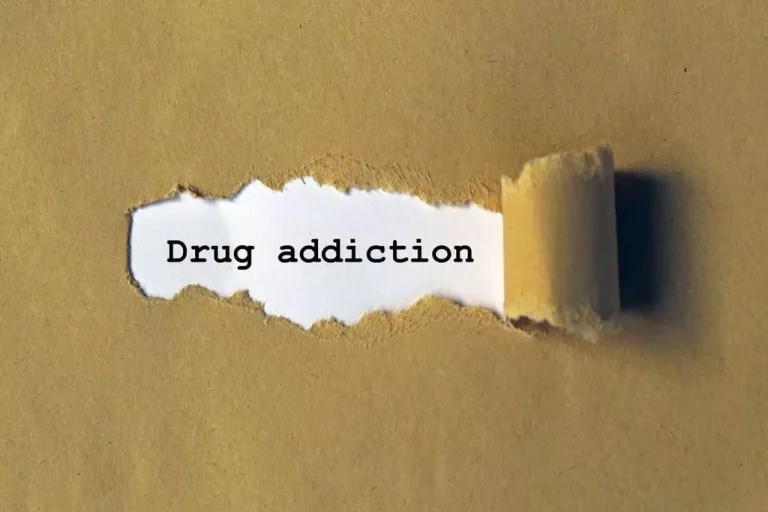
But if falling in love is not so different, behaviorally or biologically, from developing a drug habit or a binge-eating problem, then perhaps this recognition could afford us an opportunity to deeply interrogate our views about the inherent harms of addiction. Perhaps, instead of taking on the view that love must be harmful if it is addictive, we could take the reverse view, and wonder if even substance addictions might be not always be strictly harmful under the right sorts of conditions. If the evidence shows that the two phenomena are identical or even just substantially overlapping in nature, then perhaps we should revisit our attitudes to both. The ultimate goal, whether the subject is drug-use or romantic passion, should be to identify those cases in which the behavior and its related phenomena cause harm and suffering to those involved.
Exploring Love Addiction
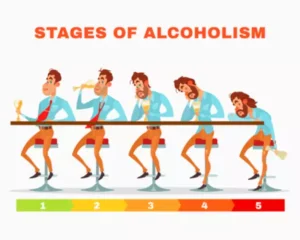
Addiction can lead to heightened levels of anxiety and depression in the individual with the addiction, and feelings of powerlessness and being overwhelmed in the other partner. In relationships where addiction is present, it is common for codependency and enabling behaviors to develop. Codependency is a very demanding relationship, where one partner needs a lot of assistance and care from the other. This kind of relationship usually involves extreme physical or emotional dependency on the part of the addicted person.
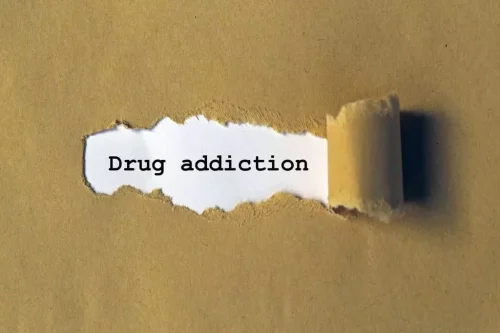
When you love an addict, you may constantly feel that you’re on edge, or worried when that dreaded phone call is going to come. The experience of loving an addict can be slightly different for everyone, but there are some general commonalities that most people say they experience. Psychotherapy and pharmacotherapy may be helpful in treating certain symptoms of this condition, though research on treatments is limited. Plus, love is something that’s very important to make us feel fulfilled in our lives.
Darlene Lancer, JD, MFT, is a licensed marriage and family therapist and an expert and author on relationships and codependency. If your preoccupation with pursuing or being in love starts to challenge your ability to work, maintain relationships with friends and family, or take care of yourself physically, a good next step involves connecting with a therapist. CBT can help address persistent thought patterns driving compulsive behaviors, while DBT can help you learn new strategies for managing and coping with emotional distress instantly and more effectively regulating emotions in the future.
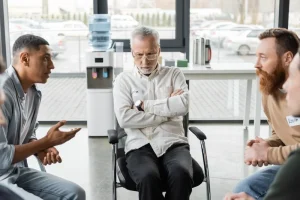
Love Addiction, Co-Occurring Disorders, And Substance Abuse
- When this happens, it can be hard to notice any problems or toxic behaviors.
- Addiction typically refers to alcohol or substance dependency, but experts increasingly support the existence of behavioral addictions.
- Love addicts don’t want to find someone better; rather they want to uncover a better version of the person they are with.
- The way the caregiver relates to their child at times when the child is upset or in distress is of utmost importance.
- How else might “being in love” be taken to differ from being addicted to certain drugs?
Guilt isn’t productive for anyone’s healing, but your involvement in their treatment and recovery can give them much-needed strength and support. Practice forgiveness and let go of the past so you can have that new beginning you have all worked toward. Love addiction can be complicated and can be difficult to treat on your own.
But as some research has explored, you can make note of how relationships affect our lives, both physically and mentally. A 2023 review described love addiction — sometimes called relationship addiction or obsessive love disorder — as an overwhelming and compulsive longing for love, attention and affection from others. Love addiction isn’t a clinical term and neither is love addiction withdrawal. It’s possible to experience feelings and thoughts about a person or relationship that resemble addiction and withdrawal symptoms. Putting the terminology aside, if you’re experiencing love addiction, you may want to consider speaking to a mental health professional. We all deserve healthy love and attachment, and seeking the right support may help you end the cycle of love addiction once and for all.